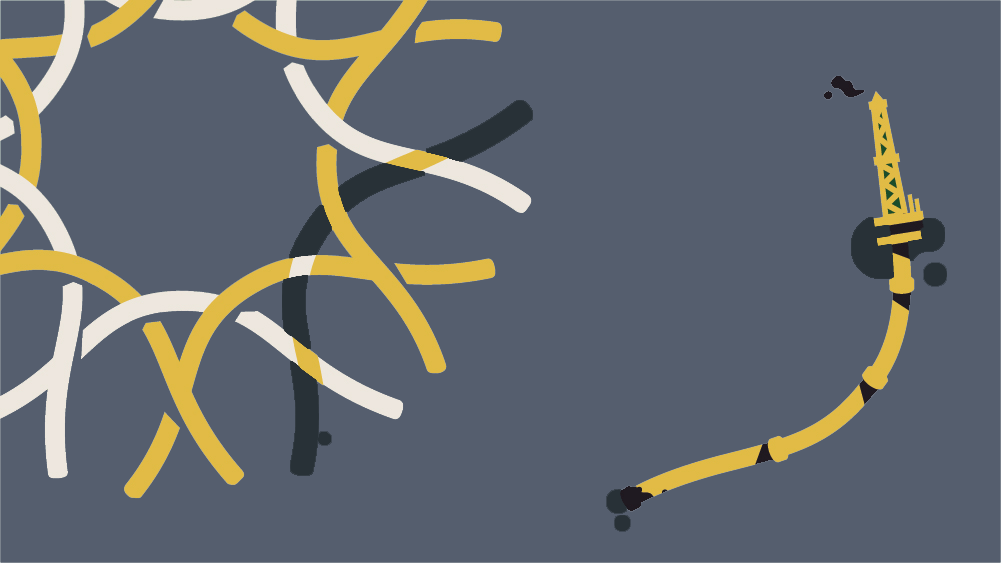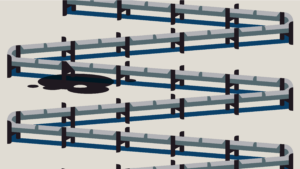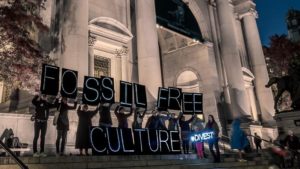The Pulitzer Prize-winning outlet Inside Climate news reports on our recent victories in the museum sector:
“A handful of science and natural history museums across the globe announced in recent weeks they are cutting ties with the fossil fuel industry, limiting their sponsorship and donations and culling oil and gas stocks from their investment portfolios.
The Field Museum in Chicago—one of the largest natural history museums in the world—quietly announced Friday it has divested its financial portfolio from fossil fuels. The Australian Academy of Sciences said it finished divesting in late October. The California Academy of Sciences and the Phipps Conservatory and Botanical Gardens in Pittsburgh have both divested and instituted new gifts policies that prohibit them from accepting money from oil and gas interests. London’s Science Museum said last week it would not renew a sponsorship deal with Royal Dutch Shell.”
Earlier this year, a group of climate scientists sent a letter to museum directors arguing such financial ties with fossil fuels could “undermine public confidence in the validity of these institutions.” There was a more recent public reaction when The Guardian reported that Shell was sponsoring the London museum’s climate change exhibit, and attempting to influence its contents.
“With public money for museums shrinking, they are increasingly reliant on private funds to keep their doors open,” said Beka Economopoulos, co-founder and director of The Natural History Museum, a new mobile and pop-up museum that coordinated the scientists’ letter. “But when the institutions that educate people about science and the natural world, and inspire awe in the natural world, cozy up to fossil fuel industry, they undermine the faith and trust the public places in them.”
More than 30 climate scientists signed the letter when it was released in March; there are now nearly 150 signees. Economopoulos and her colleagues have met with dozens of top museum directors about the campaign, manned booths and organized panel discussions at several major international museum conferences. Interest in the campaign, she said, is growing.
The letter “is certainly something that is provoking conversations and serious thinking” in the museum world, said Jonathan Foley, executive director of the California Academy of Sciences. “A few museums (like us) were already on board, and many more were moving in this direction. Others weren’t thinking about it, but now are. Others will dig in, and be resistant. It is the same kind of reaction as we’re seeing from universities.”
Read the rest of the article here.
MUSEUM DIRECTORS LEADING THE WAY
This past August, Foley released a strong statement in support of divestment and cutting ties to fossil fuels on the California Academy of Sciences website:
“It seems difficult to reconcile the mission of a public science museum focused on ecology, evolution, and sustainability and the practice of investing in fossil fuels,” Foley wrote. “It’s the right thing to do morally, and the right thing to do institutionally.'”
The Australian Academy of Sciences president Andrew Holmes approached the issue from the perspective of risk-management:
“Is the value that could be derived from fossil fuel activities sustainable in the long term? Certainly not from the view of the Earth system—and probably not financially either,” he said.
And Richard Piacentini, executive director of the Phipps Conservatory and Botanical Gardens in Pittsburgh discussed his institution’s decision to divest from fossil fuels and implement a gifts policy refusing oil and gas industry funding:
“We view this as part of a broad initiative to make sure that all our investments and actions are consistent with everything we’re doing,” Piacentini said. “To talk so much about energy and renewable energy and climate change on our campus and in our exhibits, it didn’t make sense to be sponsored by the fossil fuel industry.”
Piacentini suggests that momentum for the campaign is growing within the museum sector:
“I’ve heard more talk about this issue since last Spring, there is a lot more awareness,” Piacentini said. “I wish I would see a stampede of people already doing the same thing, but it is the kind of thing that will take a little bit more time. The problem is we don’t have much time.”





